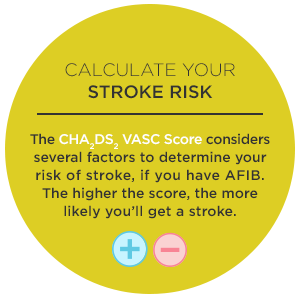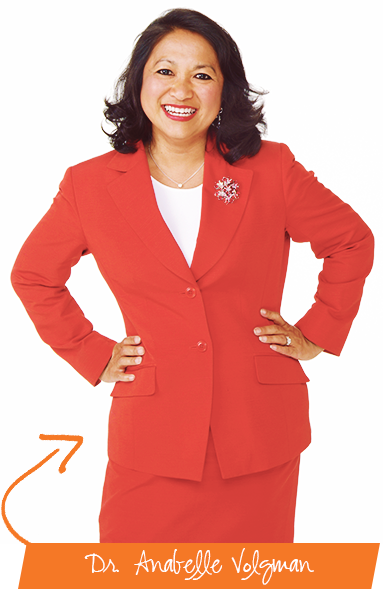
Once featured in Oprah Magazine as Oprah’s cardiologist, Dr. Annabelle S. Volgman is professor of medicine and medical director of the Heart Center for Women at Rush University Medical Center in Chicago.
She received her medical doctorate degree from Columbia University College of Physicians and Surgeons, in New York, and did her internal medicine training at the University of Chicago Hospitals and Clinics and her cardiology fellowship training at Chicago’s Northwestern Memorial Hospital.
Dr. Volgman has been a prominent leader of the American Heart Association’s Go Red for Women movement and has received numerous awards from the AHA, including the 2011 Coeur d’Or Award.
FOF’s Geri Brin talked to Dr. Volgman about AFIB and Preventive Cardiology, important subjects about which most of us know little. Learn about them right now, so you’ll make sure to keep your heart healthy for the future.
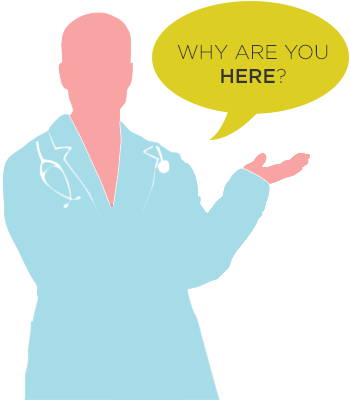
Should every woman over forty see a cardiologist?
If you were planning to see a doctor or nurse practitioner at a place like The Rush Heart Center for Women, I would say ‘yes.’ We’re very into prevention. But if you go to a regular, run-of-the-mill cardiologist, (s)he’s going to look at you and ask: ‘Why are you here?’ You should see a preventive cardiologist, specifically.
Preventive cardiologists usually don’t practice in small towns of America, and the regular cardiologist is going to be too busy to see women who only are interested in prevention. However, the town’s internists should know about the heart because that’s one of the major subjects they learn in their training.
I’d still recommend going to a woman’s heart center.
What is atrial fibrillation (AFIB)?
A rhythmic disorder of the upper chambers of the heart that can predispose someone to a stroke and heart failure.
What causes it?
One of the most common causes is hypertension; others are valvular heart disease (damage to one of the heart’s four valves) or heart disease in general. Less prevalent causes include hyperthyroidism and excessive alcohol consumption.
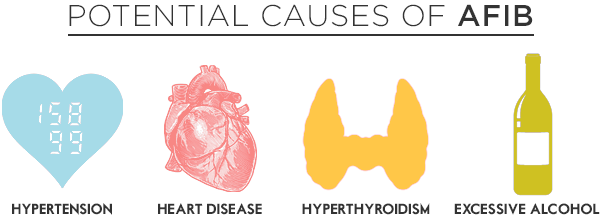
Blood pressure readings above 120 over 80 are considered hypertension, but unless your top number is over 140, we don’t start treating it with medication. And, in older people, we don’t start treating or adjusting medication until it’s 150 over 90 because the risk can be too high.
It’s advisable to make lifestyle changes, such as increasing exercise, losing weight and decreasing salt. Obesity and sleep apnea are other risk factors. A BMI index over 30 is considered obesity.
How many women have AFIB?
2.5 million Americans, half of them women, are estimated to have AFIB, but that doesn’t count those who don’t even know they have it. As women age, their risk increases. Women over 80 have a 10 to 20 percent chance of having AFIB. Very tall women are at greater risk.
How is it diagnosed?
Many people have shortness of breath and less energy and feel fatigued, but they don’t realize they have underlying AFIB. An electrocardiogram (EKG), a 10-second look at the heart’s electrical impulses, is the best diagnostic test, but it doesn’t necessarily detect 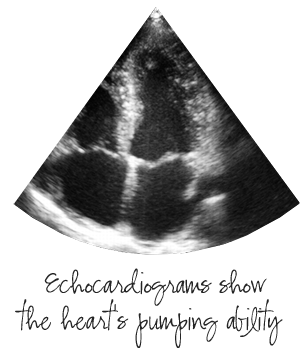 ‘intermittent AFIB.’
‘intermittent AFIB.’
If you are experiencing palpitations (your heart is beating fast intermittently), you’d need to see a cardiologist for an echocardiogram (an ultrasound which evaluates the pumping ability of the heart), and to wear a heart monitor from one to 30 days. An echocardiogram looks at your valves, your muscle walls and the major blood vessels that come out of the heart. It will determine whether or not structural heart disease is causing the AFIB.
When Oprah was having palpitations, years ago, she came to see me. We did an echocardiogram, stress test and EKG, checked her blood pressure, and more. Oprah didn’t have structural heart disease, but she did need to change her diet and start working out consistently, I told her.
There’s also an EKG-recording device, The AliveCor Heart Monitor, which fits on most smart phones and converts electrical impulses from your fingertips into ultrasound signals transmitted to the AliveCor microphone. 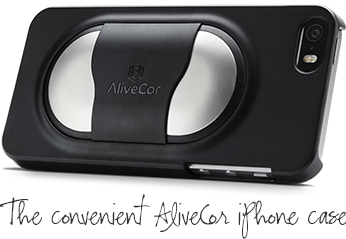 The FDA-cleared monitor eliminates the need to visit the doctor to detect arrhythmia since you can email him/her your readings. Many doctors don’t even know about it.
The FDA-cleared monitor eliminates the need to visit the doctor to detect arrhythmia since you can email him/her your readings. Many doctors don’t even know about it.
Why is AFIB more likely in older women?
A heterogeneous mixing of cells causes arrhythmia. When we’re young, our hearts don’t have a lot of damage and are made up of mostly homogenous cells. But as we age, the damage from high blood pressure and high cholesterol—as well as from wear and tear of the heart—can cause heterogeneity of the cells. This tends to cause the patterns of arrhythmia, mainly in the upper chambers of the heart, called the atria. The atria receive blood returning to the heart from other areas of the body.
Are there symptoms?
We have patients with shortness of breath and anxiety, and when we get their EKG results, they’re surprised to learn that they have AFIB. Other patients have no symptoms.
How is it treated?
The most important thing is to figure out each individual’s risk of stroke. A woman with AFIB is at a higher risk than a man with AFIB, but the reasons are not yet well worked out. They may be hormonal. A new algorithm to determine risk, called the CHA2DS2 VASC Score, considers factors such as congestive heart failure, hypertension, diabetes, age, previous stroke, vascular disease, and gender. The higher the score, the more likely you’ll get a stroke.
Oral anticoagulants (warfarin, Pradaxa, Xarelto and Eloquest) are the only really good treatments. They thin out your blood and prevent it from clotting as easily as it normally does, so clots don’t form in the crevices of the heart in the atria. (Remember: The atria receive blood returning to the heart from other areas of the body.) If the left atrium is quivering and unable to push blood out of it, due to AFIB, the blood will stagnate and be more likely to form blood clots. Blood clots can be big enough to block a major artery of the brain and cause a devastating stroke leading to death or severe disability. Strokes such as this are called Ischemic.

Drinking alcohol is harmful to those with AFIB. We advise female patients to have no more than one serving of alcohol per day. That doesn’t mean you can skip a day and have more drinks the next day!
Why does drinking cause AFIB?
We know alcohol can cause high blood pressure but it’s not well worked out why this happens. Twenty-year-old men who binge drink might go to the ER because their hearts are beating fast from AFIB. It’s called the Holiday Heart Syndrome.


